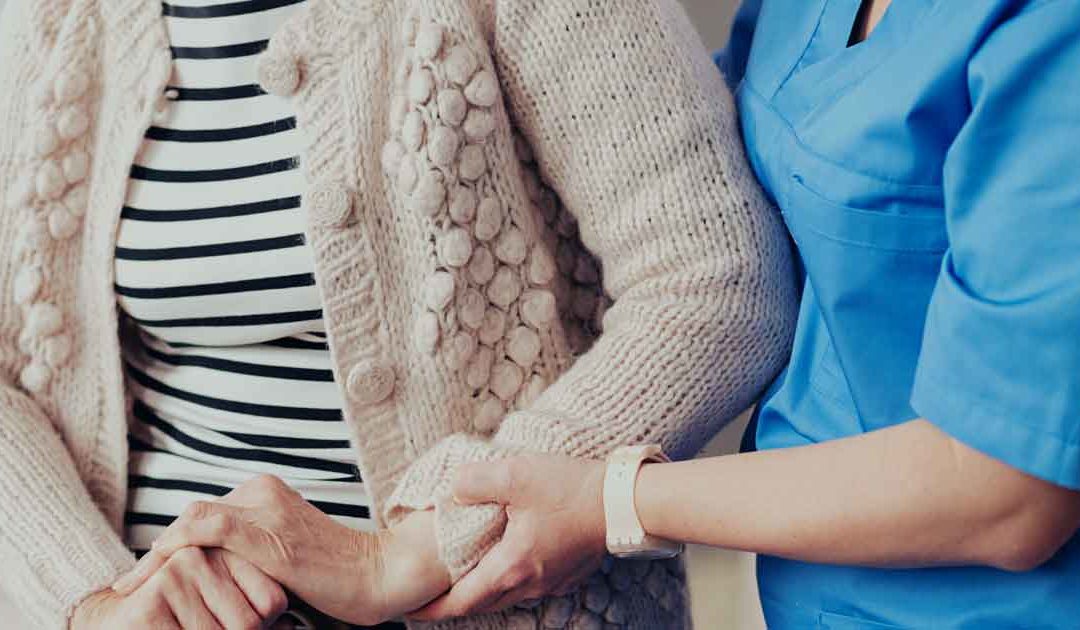If a natural disaster strikes your community, what will you do?
As a nurse, your first instinct is to help. Whether you work at a school, a hospital, or clinic setting, your skillset is uniquely valued during an emergency. Here’s how you can help your patients cope after a natural disaster.
What types of natural disasters can you expect in your area?
Different parts of the U.S. are more prone to certain disasters than others, according to Popular Science. You’re more likely to experience wildfires in the western states and snowstorms in the Midwest and northeastern U.S. Tornadoes are common in south-central states while hurricanes often strike along the eastern seaboard. There are earthquakes in the west, and flooding happens pretty much everywhere. Not only do these disasters result in property damage, but they can also cause severe injury and even loss of life. Your nursing skills are much needed to minimize pain and suffering.
Why do nurses play key roles in a disaster?
As a nurse, you are a trusted professional. People look to you for guidance. You not only bring expertise in the medical field, you know how to coordinate care while helping to comfort patients, relieving some of their stress and fear.
In addition, disaster preparedness was likely part of your nursing training. If it wasn’t, or if you need a refresher, consider a disaster certification from the American Nurses Credentialing Center.
What are ways that nurses can help in a disaster?
Nurses play pivotal roles in a disaster, delivering onsite care to the injured. Often working amid chaos and with limited resources, nurses triage patients and administer medical care. If more serious care is needed, nurses help coordinate transport to the nearest hospital. Victims of disaster may experience post-traumatic shock syndrome, and nurses also monitor patients’ mental health and guide them to resources. In addition, nurses help displaced people find temporary shelter and food and get access to prescriptions as needed.
Helping in a disaster is not for everyone. There are potential safety and security threats. There are primitive conditions. There can be a significant time commitment away from your home and family. If you are able to clear your schedule to volunteer, consider the other attributes that will help make you successful in a disaster setting: (1) Your clinical expertise covers a wide range of medical conditions. (2) You are comfortable working in high-stress situations and can work through emotions. (3) You are able to work in rough conditions, perhaps without access to electricity, water and basic supplies. If you have the skills, the time, and the desire, disaster nursing could be right for you.
What is a school nurse’s special role following a disaster?
In addition to helping onsite following a disaster, we can’t forget about school nurses and the roles they play. They deal with the mental and physical effects among students, parents, teachers and staff. For families made homeless by the disaster, or those who need mental health services, a school nurse provides important connections to community resources. Similarly, she connects staff with district resources for mental and physical health.
How can you help your community prepare for a disaster?
You don’t necessarily have to volunteer in a disaster to help your community. You can be there to help prepare for a disaster in advance by assisting hospitals, schools, and towns in the creation of a comprehensive disaster plan.
Nurses can help with community education, leading disaster preparedness clinics, and giving people the knowledge to create their own disaster plans to make it safely through a disaster.
You can utilize resources from trusted organizations in developing the right program for your school, hospital, organization, and community. Consider these resources:
-
- American Red Cross offers programs to teach kids about emergency preparedness.
- The CDC offers guidance for teachers in helping children during and following a disaster.
- FEMA offers a toolkit for first responders and their families as well as a Community Emergency Response Team certification.
- The National Association of School Nurses has compiled this emergency supplies list for schools.
- The National Center for Disaster Medicine and Public Health offers a free core curriculum online for health professionals.
How can you volunteer to help in future disasters?
If you are interested in volunteering your time, make sure you have up-to-date vaccinations for traveling, and be prepared to leave immediately. The following organizations welcome disaster-related nurse volunteers:
-
- American Red Cross has a volunteer training program that helps to prepare you before you are deployed to a disaster.
- Medical Reserve Corps has more than 200,000 volunteers nationwide, and local units that you can join.
- National Voluntary Organizations Active in Disaster respond to disasters across the country.
- You can register as a health professional with the Emergency System for Advance Registration of Volunteer Health Professionals.
This article is furnished by California Casualty, providing auto and home insurance to educators, law enforcement officers, firefighters, and nurses. Get a quote at 1.866.704.8614 or www.calcas.com.
- Graduation – When to Remove Your Child from Your Auto Policy - May 18, 2023
- How to Prevent Catalytic Converter Theft - May 17, 2023
- How Much Does Home Insurance Cost? - May 17, 2023

